Things You Didn’t Know About the Female Body!
1. Women have stronger immune systems
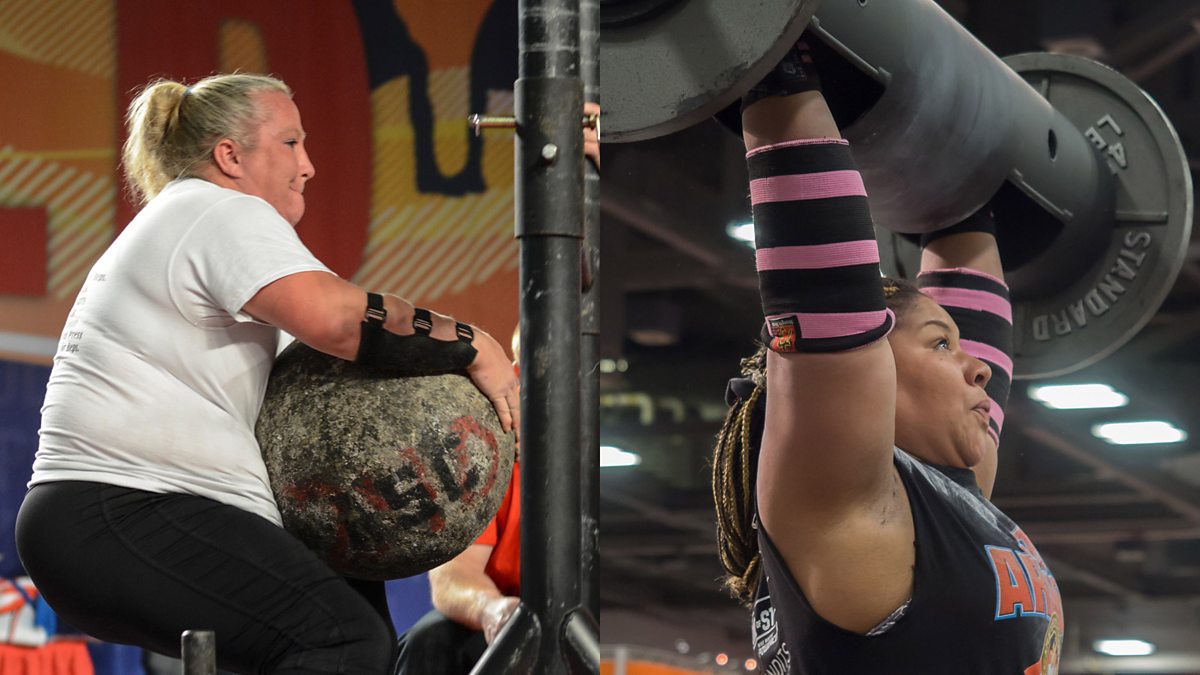 (Image/ Source: bbc.co.uk)Women can do a lot of incredible things- and they seem to manage colds and sniffles a lot better than men! So why is this exactly? Well, it’s been suggested that women actually develop a stronger immune system over time because they give birth and care for babies. While not every woman will want kids, the strengthened immune system is still a nice perk.
(Image/ Source: bbc.co.uk)Women can do a lot of incredible things- and they seem to manage colds and sniffles a lot better than men! So why is this exactly? Well, it’s been suggested that women actually develop a stronger immune system over time because they give birth and care for babies. While not every woman will want kids, the strengthened immune system is still a nice perk.Advertisement
2. One breast is always bigger than the other
 (Image/ Source: metro.co.uk)This has been an urban myth for years, but scientists have now confirmed that women generally have one breast bigger than the other. Sometimes they can become the same size over time, but it’s really common for women to have one breast that’s ever so slightly larger. So don’t worry- asymmetric boobs are natural!
(Image/ Source: metro.co.uk)This has been an urban myth for years, but scientists have now confirmed that women generally have one breast bigger than the other. Sometimes they can become the same size over time, but it’s really common for women to have one breast that’s ever so slightly larger. So don’t worry- asymmetric boobs are natural!Advertisement
3. Our brains outdo men's when it comes to memory
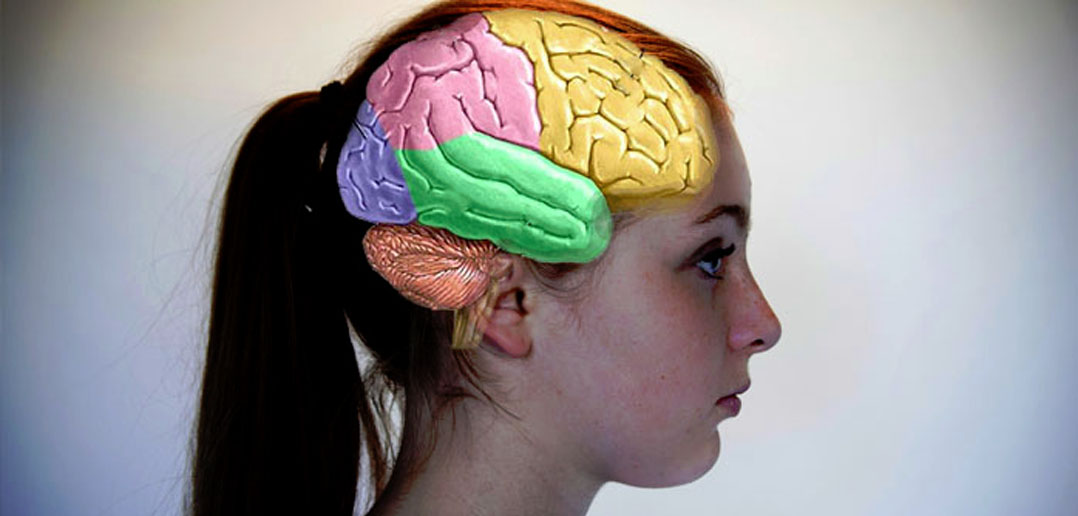 (Image/ Source: psypost.org)Studies have shown that women tend to perform better than men when it comes to memory-related tasks. Scientists have found that females can generally access their memories better than males, remember dates more precisely, and use more emotional terms when describing these memories. Our memory abilities can dip slightly at menopause though.
(Image/ Source: psypost.org)Studies have shown that women tend to perform better than men when it comes to memory-related tasks. Scientists have found that females can generally access their memories better than males, remember dates more precisely, and use more emotional terms when describing these memories. Our memory abilities can dip slightly at menopause though.Advertisement
4. Which means we can remember faces more clearly
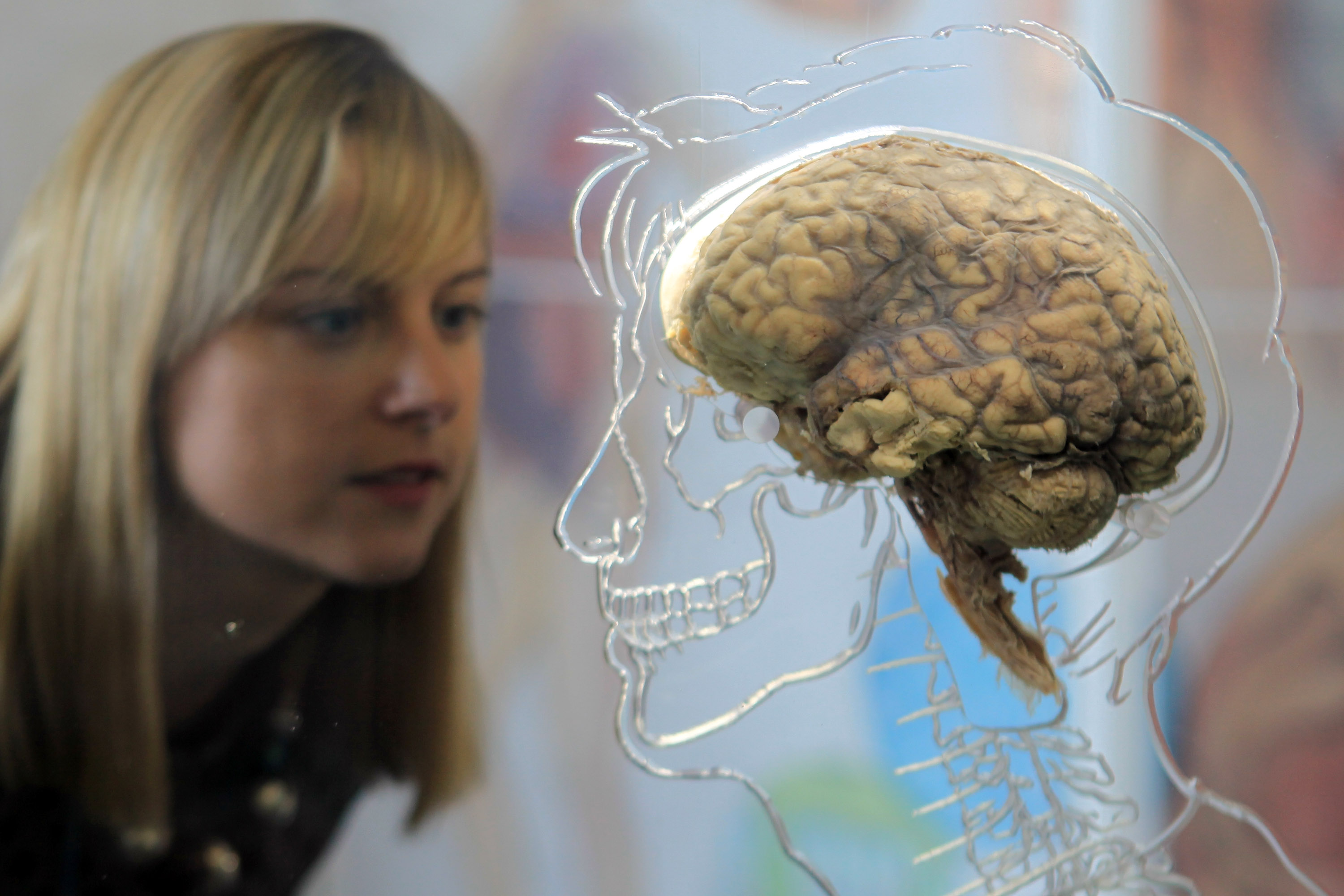 (Image/Source: cnn.com)As women generally have better memory, it means we’re pretty good at recognising people’s faces too. Apparently, we spend much more time subconsciously studying the features of people’s faces (especially new faces). The more we do this, the more likely we are to recognise and remember them in the future.
(Image/Source: cnn.com)As women generally have better memory, it means we’re pretty good at recognising people’s faces too. Apparently, we spend much more time subconsciously studying the features of people’s faces (especially new faces). The more we do this, the more likely we are to recognise and remember them in the future.Advertisement
5. Women are more likely to survive traumatic injuries
 (Image/ Source: freepik.com)This one’s pretty wild. John Hopkins University has revealed that women are 14% more likely to survive a traumatic injury than men. Different researchers believe that this is down to the strength of the female immune system, and the negative impact of the male sex hormones on a traumatised immune system.
(Image/ Source: freepik.com)This one’s pretty wild. John Hopkins University has revealed that women are 14% more likely to survive a traumatic injury than men. Different researchers believe that this is down to the strength of the female immune system, and the negative impact of the male sex hormones on a traumatised immune system.Advertisement
6. The uterus grows a lot bigger than you might think during pregnancy
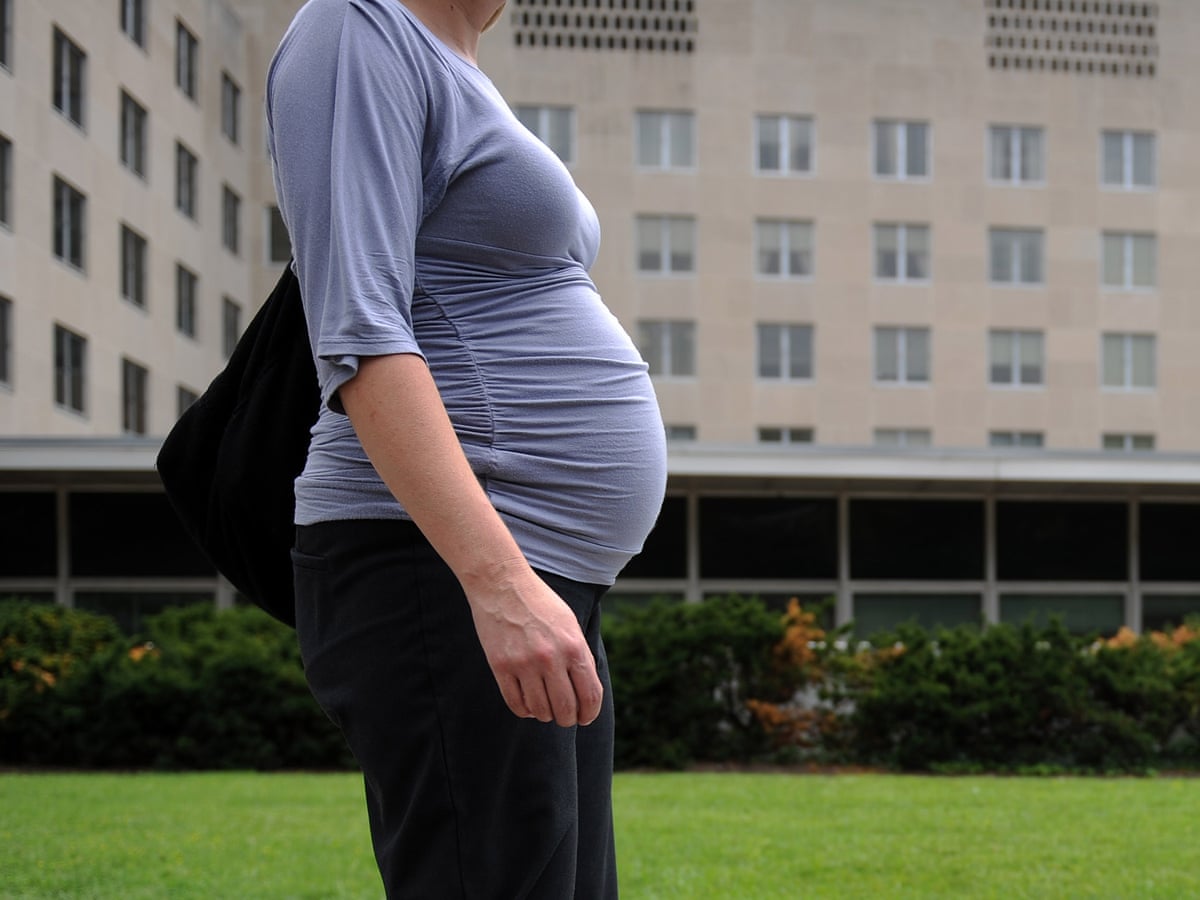 (Image/ Source: guardian.com)Our bodies do plenty of incredible things during pregnancy. The uterus actually grows from the size of an orange to the size of a watermelon! That’s a pretty insane transition during nine months. This means that the uterus itself can weigh up to 2 pounds when your baby is born, but it shrinks back down to its usual size in around six weeks.
(Image/ Source: guardian.com)Our bodies do plenty of incredible things during pregnancy. The uterus actually grows from the size of an orange to the size of a watermelon! That’s a pretty insane transition during nine months. This means that the uterus itself can weigh up to 2 pounds when your baby is born, but it shrinks back down to its usual size in around six weeks.Advertisement
7. We're more flexible
/woman-doing-yoga-exercise-at-home-1274757932-316d7d7ea7ad40189b368d0bcdaaec2e.jpg) (Image/ Source: verywellfit.com)Female muscles and tendons are made for more flexibility than men’s. Women’s muscles and tendons contain more elastin, and their lower spines have evolved for childbirth. This gives women much more flexibility- and we’re especially nimble with our hips and hamstrings. No wonder so many women are good at yoga!
(Image/ Source: verywellfit.com)Female muscles and tendons are made for more flexibility than men’s. Women’s muscles and tendons contain more elastin, and their lower spines have evolved for childbirth. This gives women much more flexibility- and we’re especially nimble with our hips and hamstrings. No wonder so many women are good at yoga!Advertisement
8. Women have better muscle endurance than men
 (Image/ Source: si.com)Some more science for you. Studies have found that females can exercise about 75% longer than males in general stamina exercises like running and swimming. This is thought to be because women have more efficient metabolism in their muscles than men. Men can handle heavier training in shorter time spans.
(Image/ Source: si.com)Some more science for you. Studies have found that females can exercise about 75% longer than males in general stamina exercises like running and swimming. This is thought to be because women have more efficient metabolism in their muscles than men. Men can handle heavier training in shorter time spans.Advertisement
9. We have a stronger sense of smell than men
 (Image/ Source: needpix.com)This one might be both a blessing and a curse. Women have a stronger sense of smell than men- but why is this the case? According to Medical News Today, some experts believe "a superior sense of smell helps mother and child to bond after birth" and "influences females' selection of potential mates." So when you smell that burning toast before your partner, you know why!
(Image/ Source: needpix.com)This one might be both a blessing and a curse. Women have a stronger sense of smell than men- but why is this the case? According to Medical News Today, some experts believe "a superior sense of smell helps mother and child to bond after birth" and "influences females' selection of potential mates." So when you smell that burning toast before your partner, you know why!Advertisement
10. We can't process as much alcohol as men
 (Image/ Source: tyla.com)For the women who suffer from brutal hangovers- this one won’t shock you in the slightest. While a lot of your booze tolerance has been thought to be dependent on your weight and muscle mass, this isn’t actually the case. Females have fewer enzymes that break down alcohol before it gets into the bloodstream, which is why we can get a lot drunker from small amounts of alcohol. You’ve been warned!
(Image/ Source: tyla.com)For the women who suffer from brutal hangovers- this one won’t shock you in the slightest. While a lot of your booze tolerance has been thought to be dependent on your weight and muscle mass, this isn’t actually the case. Females have fewer enzymes that break down alcohol before it gets into the bloodstream, which is why we can get a lot drunker from small amounts of alcohol. You’ve been warned!Advertisement
11. We feel more pain than men do
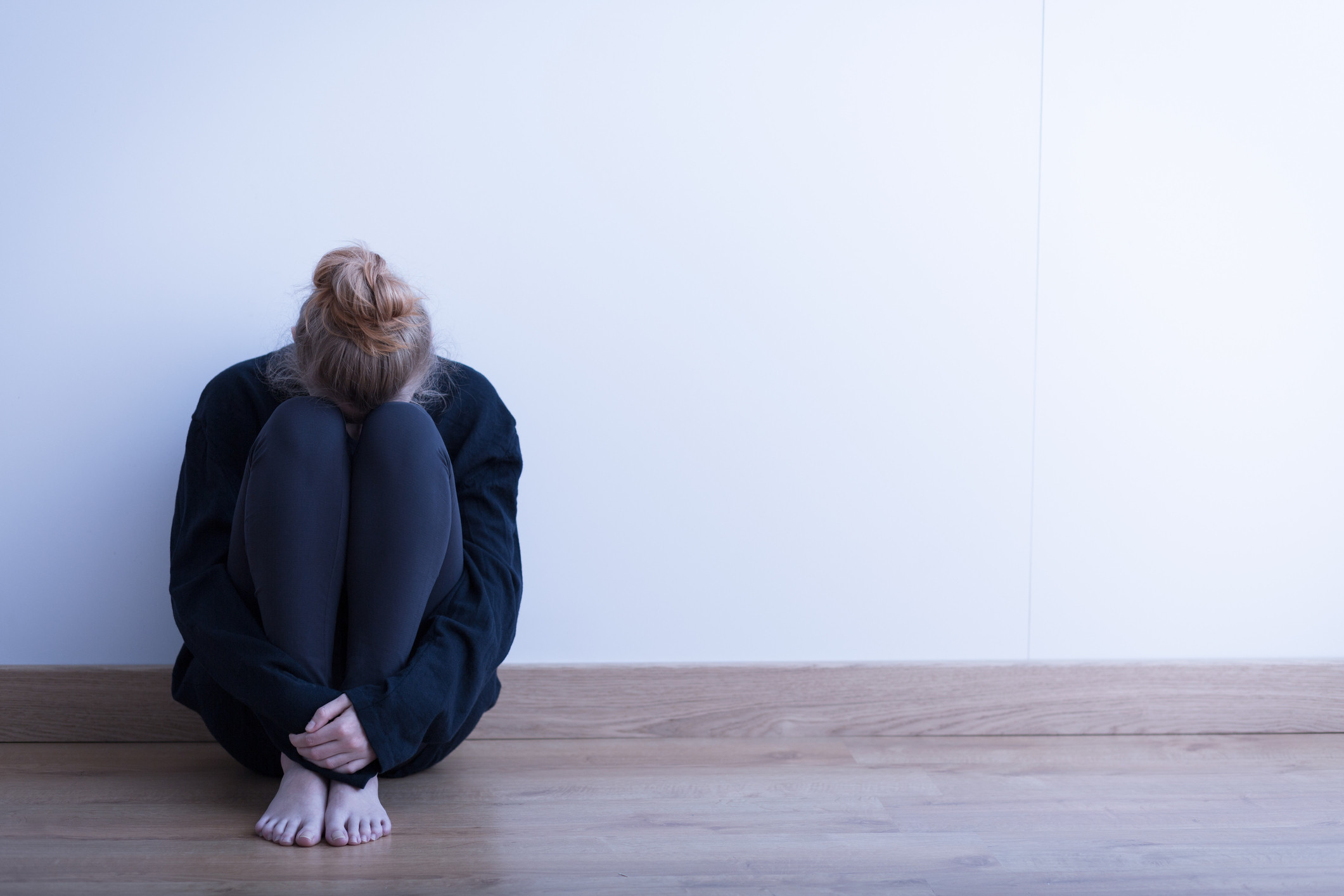 (Image/ Source: health.harvard.edu)Women generally feel pain more acutely than men do. Dr Felice Gersh, founder of Integrative Medical Group says that women “have more immune cells and respond more robustly to injuries and infections, which results in a heightened pain response.” Women also tend to get arthritis more than men, which can cause even more pain for us.
(Image/ Source: health.harvard.edu)Women generally feel pain more acutely than men do. Dr Felice Gersh, founder of Integrative Medical Group says that women “have more immune cells and respond more robustly to injuries and infections, which results in a heightened pain response.” Women also tend to get arthritis more than men, which can cause even more pain for us.Advertisement
12. But we're generally better at handling it
 (Image/ Source: salon.com)Women have a pretty impressive threshold for pain tolerance. And this is to do with the fact that females are better at “forgetting” our pain than males. According to studies carried out by scientists in Canada, it seems that when it comes to facing the same pain again, men are more “stressed and hypersensitive” to that pain than women.
(Image/ Source: salon.com)Women have a pretty impressive threshold for pain tolerance. And this is to do with the fact that females are better at “forgetting” our pain than males. According to studies carried out by scientists in Canada, it seems that when it comes to facing the same pain again, men are more “stressed and hypersensitive” to that pain than women.Advertisement
13. Vaginas are self-cleaning
 (Image/ Source: storyblocks.com)Vaginas have an impressive self-cleaning process. Only the external vulva and labia need to be cleaned- the rest of it does it all by itself. It might sound a bit icky, but the cervix produces mucus, which then cleans the rest of the vagina. So if you’re trying to clean it yourself, stop straight away! Let your body take care of it.
(Image/ Source: storyblocks.com)Vaginas have an impressive self-cleaning process. Only the external vulva and labia need to be cleaned- the rest of it does it all by itself. It might sound a bit icky, but the cervix produces mucus, which then cleans the rest of the vagina. So if you’re trying to clean it yourself, stop straight away! Let your body take care of it.Advertisement
14. We store fat around the hips, abdomen and bum
 (Image/ Source: bandelettes.com)We know everyone’s bodies are different, but females tend to store more fat around their hips, abdomen and bum than males. This is to keep fat stores nearing the growing uterus and foetus during pregnancy. These fat stores start to build up fairly early on in our lives, and give us our distinctive shape.
(Image/ Source: bandelettes.com)We know everyone’s bodies are different, but females tend to store more fat around their hips, abdomen and bum than males. This is to keep fat stores nearing the growing uterus and foetus during pregnancy. These fat stores start to build up fairly early on in our lives, and give us our distinctive shape.Advertisement
15. We get less heart disease
 (Image/ Source: freepik.com)Men tend to have more heart problems than women- and there’s a reason why. Premenopausal women release hormones that protect them from heart disease, which is something that men lack. This is why females have fewer heart attacks before menopause. But after menopause, the odds of a heart attack are much more equal between men and women.
(Image/ Source: freepik.com)Men tend to have more heart problems than women- and there’s a reason why. Premenopausal women release hormones that protect them from heart disease, which is something that men lack. This is why females have fewer heart attacks before menopause. But after menopause, the odds of a heart attack are much more equal between men and women.Advertisement
16. Sperm lives much longer than the egg in our bodies
 (Image/ Source: storyblocks.com)This is an interesting one for you. Female bodies allow the sperm to live much longer than their own egg in their reproductive system. The egg lives for just one day after ovulation, while the sperm lives on for a whopping three days. And for more determined sperms, they might even survive for five whole days.
(Image/ Source: storyblocks.com)This is an interesting one for you. Female bodies allow the sperm to live much longer than their own egg in their reproductive system. The egg lives for just one day after ovulation, while the sperm lives on for a whopping three days. And for more determined sperms, they might even survive for five whole days.Advertisement
17. Women make testosterone too
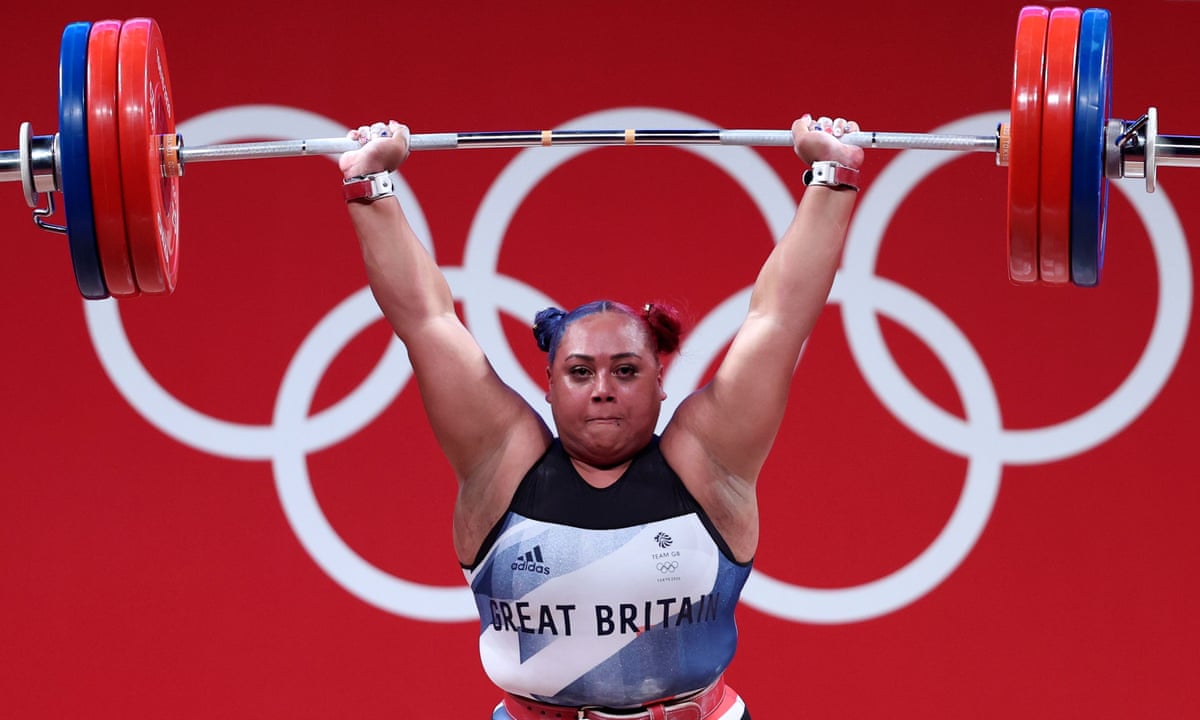 (Image/ Source: theguardian.com)We know- testosterone is associated with men. But women’s ovaries actually produce it too, albeit in small doses. Females need a little bit of testosterone to form bone formation and bone health, and it also plays a crucial part in our sex drives. But we don’t need anywhere near the same amount as males do.
(Image/ Source: theguardian.com)We know- testosterone is associated with men. But women’s ovaries actually produce it too, albeit in small doses. Females need a little bit of testosterone to form bone formation and bone health, and it also plays a crucial part in our sex drives. But we don’t need anywhere near the same amount as males do.Advertisement
18. The vagina shrinks after menopause
 (Image/ Source: medicalnewstoday.com)Did you know the vagina shrinks after menopause? Well, now you do! Apparently this is caused by a decline in oestrogen, which can make the vagina shorter and narrower. Menopause also causes the vaginal lining to become much more smooth. All of this can end up making sex more painful, and cause urinary issues too.
(Image/ Source: medicalnewstoday.com)Did you know the vagina shrinks after menopause? Well, now you do! Apparently this is caused by a decline in oestrogen, which can make the vagina shorter and narrower. Menopause also causes the vaginal lining to become much more smooth. All of this can end up making sex more painful, and cause urinary issues too.Advertisement
19. Menstrual cycles can sync up
 (Image/ Source: freepik.com)This one’s always been a popularly held belief, but it turns out it’s true! Women can often find that their cycles end up syncing with other women they’re close to, and it’s actually known as "menstrual synchrony". When a woman comes into physical contact with another woman, their pheromones influence each other, causing their monthly cycles to line up.
(Image/ Source: freepik.com)This one’s always been a popularly held belief, but it turns out it’s true! Women can often find that their cycles end up syncing with other women they’re close to, and it’s actually known as "menstrual synchrony". When a woman comes into physical contact with another woman, their pheromones influence each other, causing their monthly cycles to line up.Advertisement
20. We get more cavities than men
 (Image/ Source: mirror.co.uk)Bad news for the gals. It turns out we get more cavities than men do. A LOT of studies have now backed this theory up, and the reason why is down to our salivary composition and flow, hormone fluctuation, and dietary habits. While we’ve got a fair few advantages over the boys, it seems we need to spend a lot more time looking after our teeth.
(Image/ Source: mirror.co.uk)Bad news for the gals. It turns out we get more cavities than men do. A LOT of studies have now backed this theory up, and the reason why is down to our salivary composition and flow, hormone fluctuation, and dietary habits. While we’ve got a fair few advantages over the boys, it seems we need to spend a lot more time looking after our teeth.Advertisement
21. But we still smile more than men do
 (Image/ Source: voluntarywork.org.uk)It seems like we don’t let our cavity issues hold us back! According to the experts, women smile 62 times or more each day on average. While it’s not clear if this means women are actually happier than men, it seems like we’re very good at giving the appearance of happiness to our friends, colleagues and family members.
(Image/ Source: voluntarywork.org.uk)It seems like we don’t let our cavity issues hold us back! According to the experts, women smile 62 times or more each day on average. While it’s not clear if this means women are actually happier than men, it seems like we’re very good at giving the appearance of happiness to our friends, colleagues and family members.Advertisement
22. The vagina is acidic
 (Image/ Source: freepik.com)It turns out that vaginas are pretty acidic. Its pH averages around 4.5 on the scale (7 is neutral). That's about as acidic as beer or tomatoes. Busy microbe communities in the vagina maintain this acidity so it stays healthy; for example, lactobacillus, a group of lactic acid-producing bacteria found in the vagina, keeps away bad bacteria.
(Image/ Source: freepik.com)It turns out that vaginas are pretty acidic. Its pH averages around 4.5 on the scale (7 is neutral). That's about as acidic as beer or tomatoes. Busy microbe communities in the vagina maintain this acidity so it stays healthy; for example, lactobacillus, a group of lactic acid-producing bacteria found in the vagina, keeps away bad bacteria.Advertisement
23. Women can see more colours
 (Image/ Source: lovelymeregis.co.uk)According to CUNY’s Brooklyn College, women can detect colours better than men can. Apparently, we have a much larger “colour vocabulary”, which means we can detect subtle changes in gradients. This is most evident in the middle of the colour spectrum, as women are better able to distinguish tiny differences between colours that looked identical to men. Which is why we should always be in charge of picking paint colours!
(Image/ Source: lovelymeregis.co.uk)According to CUNY’s Brooklyn College, women can detect colours better than men can. Apparently, we have a much larger “colour vocabulary”, which means we can detect subtle changes in gradients. This is most evident in the middle of the colour spectrum, as women are better able to distinguish tiny differences between colours that looked identical to men. Which is why we should always be in charge of picking paint colours!Advertisement
24. We have sensitive hearing even while sleeping
 (Image/ Source: timesofisrael.com)We have evolution to thank for a lot of things, and our sleep sensitivity is another thing to add to the list. Women are hypersensitive to sounds during sleep so that new mothers can hear and respond to crying babies- which means we’re especially sensitive to high-pitched noises. Women are therefore likely to suffer more from sleep disorders, so make sure you stock up on those earplugs.
(Image/ Source: timesofisrael.com)We have evolution to thank for a lot of things, and our sleep sensitivity is another thing to add to the list. Women are hypersensitive to sounds during sleep so that new mothers can hear and respond to crying babies- which means we’re especially sensitive to high-pitched noises. Women are therefore likely to suffer more from sleep disorders, so make sure you stock up on those earplugs.Advertisement
25. Our bodies keep changing in our 20s
 (Image/ Source: studybreaks.com)You’d be forgiven for thinking adolescence was the end of our early-life body changes. But no- we carry on developing during our 20s too. Acne, period cramps and the peak of metabolism all occur during our 20s, and we can get a lot curvier too. It also leaves us open to the dreaded cellulite. But we settle down emotionally and physically when we hit our 30s.
(Image/ Source: studybreaks.com)You’d be forgiven for thinking adolescence was the end of our early-life body changes. But no- we carry on developing during our 20s too. Acne, period cramps and the peak of metabolism all occur during our 20s, and we can get a lot curvier too. It also leaves us open to the dreaded cellulite. But we settle down emotionally and physically when we hit our 30s.Advertisement
26. And our brains are more intricately hard-wired
 (Image/ Source: cosmosmagazine.com)Studies at the Perelman School of Medicine at the University of Pennsylvania have shown that women’s brains are far more connected than men’s. This means that women are faster at making social connections, can figure out details quickly, and can adapt to routine more easily. But we already knew that, didn’t we?
(Image/ Source: cosmosmagazine.com)Studies at the Perelman School of Medicine at the University of Pennsylvania have shown that women’s brains are far more connected than men’s. This means that women are faster at making social connections, can figure out details quickly, and can adapt to routine more easily. But we already knew that, didn’t we?Advertisement
27. You're born with millions of eggs
/211207-Illustrations-Black-Fetus-in-Utero-2000-4cfb977c8f634364a1b078962c7446ce.jpg) (Image/ Source: parents.com)Believe it or not, you actually started out with 6 to 7 million when you were a banana-sized foetus. At birth, baby girls have 1 to 2 million eggs; during puberty, this number is closer to 400,000. By age 37, there’s still plenty—about 25,000. And even when you hit menopause, you can still have around 1,000 left.
(Image/ Source: parents.com)Believe it or not, you actually started out with 6 to 7 million when you were a banana-sized foetus. At birth, baby girls have 1 to 2 million eggs; during puberty, this number is closer to 400,000. By age 37, there’s still plenty—about 25,000. And even when you hit menopause, you can still have around 1,000 left.Advertisement
28. You lose less blood than you think during your period
 (Image/ Source: thestatesman.com)It might feel like a LOT more at the time, but we don’t actually lose all that much blood. Most women typically lose only 1 ½ shot glasses or 4 tablespoons of blood in total over all their menstruating days. However, this doesn’t mean to say that some women don’t end up losing a lot more than this. Speak to your doctor if you need some advice.
(Image/ Source: thestatesman.com)It might feel like a LOT more at the time, but we don’t actually lose all that much blood. Most women typically lose only 1 ½ shot glasses or 4 tablespoons of blood in total over all their menstruating days. However, this doesn’t mean to say that some women don’t end up losing a lot more than this. Speak to your doctor if you need some advice.Advertisement
29. And our period cramps can affect our brains
 (Image/ Source: huffpost.co.uk)This is a bit of a hot topic at the moment. Now there are debates about whether women should follow Spain’s example and give menstrual leave, studies are investigating just how much our cramps affect us. Researchers put women through a few cognitive tests measuring attention span and attention switching, and found that cramps affected how fast and accurately they completed the tests compared to when they were pain-free.
(Image/ Source: huffpost.co.uk)This is a bit of a hot topic at the moment. Now there are debates about whether women should follow Spain’s example and give menstrual leave, studies are investigating just how much our cramps affect us. Researchers put women through a few cognitive tests measuring attention span and attention switching, and found that cramps affected how fast and accurately they completed the tests compared to when they were pain-free.Advertisement
30. We love food and sex equally
 (Image/ Source: allrecipes.com)Let’s face it- a lot of us already knew this one was true! Science has now backed up this widely held belief, as it’s been found that the part of the brain that shows arousal during sex also shows similar arousal in some women while they’re thinking about food. This happens more frequently when we get certain food cravings.
(Image/ Source: allrecipes.com)Let’s face it- a lot of us already knew this one was true! Science has now backed up this widely held belief, as it’s been found that the part of the brain that shows arousal during sex also shows similar arousal in some women while they’re thinking about food. This happens more frequently when we get certain food cravings.Advertisement
